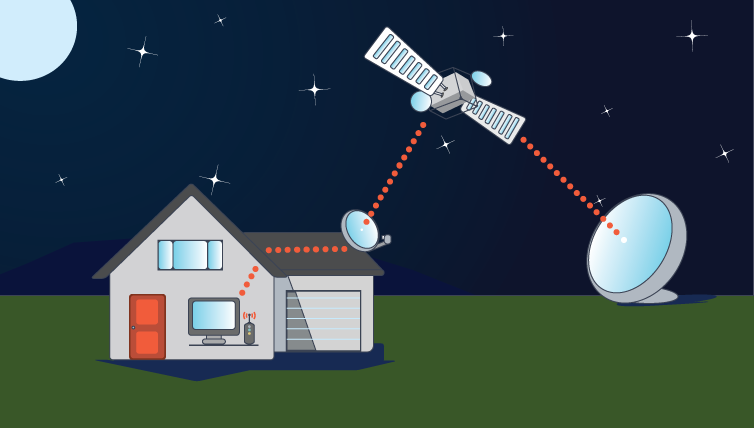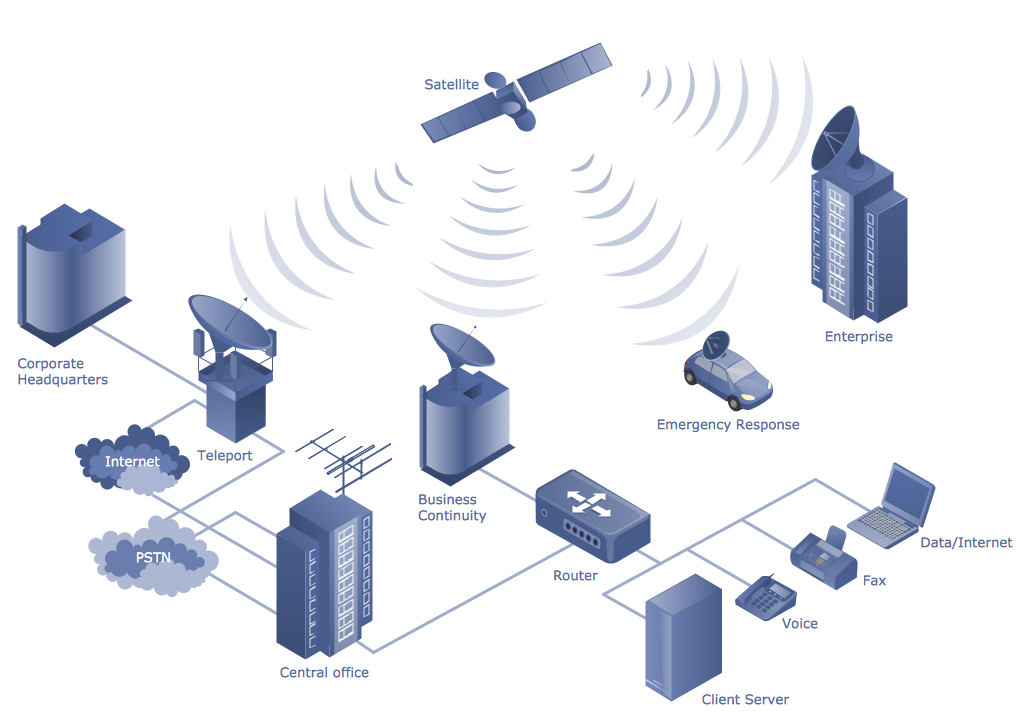
Satellites To Beam Internet To Remote Areas Of The World
We have many times experienced poor internet connectivity issues in smaller cities, towns, and villages across India. To solve this, entrepreneur Prasad HL Bhat came up with a startup Astrome which can be called as one among few all over the world that is on the road to fix this basic need of the 21st century.

As per the information, the 18-member team led by Neha Satak and Bhat at a lab in the Indian Institute of Science (IISc) have got plans to launch 200 micro-satellites into space that could in turn help us out of the problem by becoming supply route for internet that might be ‘fast, reliable, available everywhere and life-changing. The goal can be achieved in three ways: 1) To connect the satellites with existing cellular towers. 2) At an individual level, users can buy a set-top box and install the same with an antenna for fixed-point use at homes or offices. 3) Any one person in a locality can buy this setup box and redistribute the Internet to an entire locality.
The first such satellite is to be launched next year and the rest likes of it will be in space by the year 2021.

“If you are developing an app, you can predict the timelines tightly, but when you are working on hardware like we are, it’s a different deal. Just finding the right vendor for fabrication can take up a lot of time. So delays are not a big red flag in the hardware (industry),” says Satak, the CEO.
The American startup has got a minority stake buying by Sunil Mittal and it has deferred the launch of the first 10 out of total 882 Internet-beaming satellites to the year-end. Despite the delay is reasonable, the CEO feels that deadlines are important for growth, so her team is working hard to meet the targets.
There seems to be a race to beam broadband Internet from the sky with a company like ViaSat has been already offering 100Mbps download speeds in some parts of America. Other bigwigs include Google’s Loon Project, Boeing and Space X. Facebook too was among those who attempted to beam internet delivering drones in the air, but had to abandon the project later. So, what is so special about this tiny startup? The specialty lies in the patented MM-wave technology that allows them to beam 100Gbps of data per satellite which is five-ten times higher than what other projects have proposed to offer. “So individuals can access 50Mbps of the Internet while businesses up to 400Mbps,” says Bhat, the CTO, and chairman.
According to Satak, the space mission technology on which they are currently working may slash the cost of optic fiber cable laying by about 100 times as the fiber-cable method needs services in rural areas which is an expensive affair.
You May Also Read: Government Issues Advisory To Media Directing Not To Use Word ‘Dalit’